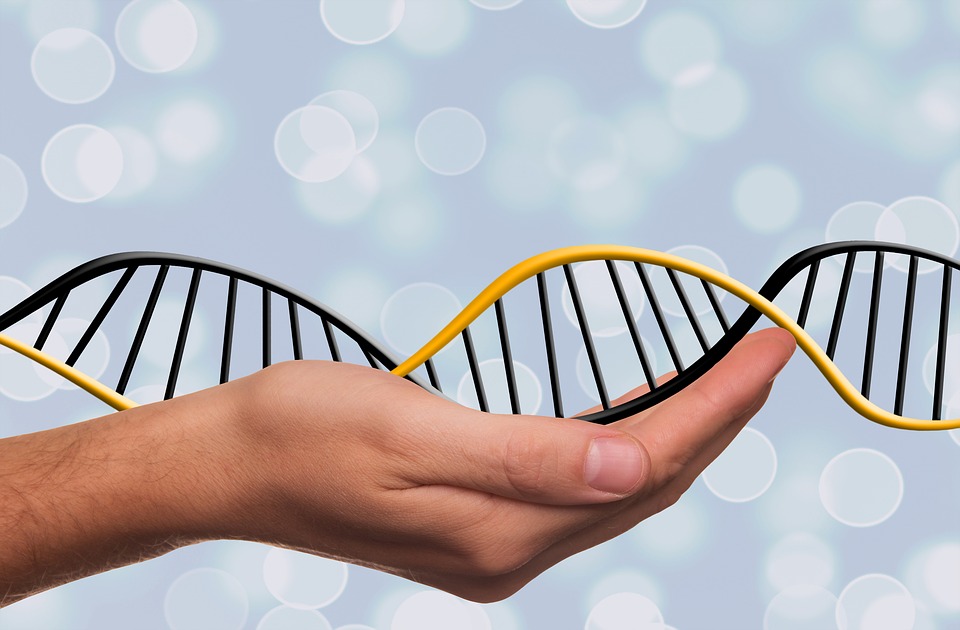Interested in responsible gene editing? Join the (new) club
By Martin Enserink,
Science
| 03. 27. 2018
A group of European scientists has founded an international association to discuss and provide guidance on the ethical use of genome editing, a technique with the potential to transform everything from food production and human health to science itself. Organizers launched the new Association for Responsible Research and Innovation in Genome Editing (ARRIGE) at a kick-off meeting in Paris this past Friday.
The high hopes and fears around gene editing—which has the potential to lead to new crops and the elimination of diseases, but also to “designer babies” or insects running amok—have been the topic of dozens of meetings and reports, including a high-profile “summit” in Washington, D.C., in 2015. National science academies and councils, the Council of Europe, and several professional societies have weighed in.
But some researchers worry that the debate isn’t broad enough, or lacks the kind of dialogue needed to reach a societal consensus on the introduction of such a pathbreaking new technology. At the Washington, D.C., summit, for instance, “discussion split into two camps: scientific experts explored technical issues, whereas scholars who...
Related Articles
By Vittoria Vardanega, SWI swissinfo.ch | 02.13.2026
In recent years, sperm donation has produced family trees of unprecedented size, stretching across countries and, in some cases, continents. Stories of “mass donors” have captured public attention, most recently through the Netflix documentary series, The Man with 1,000 Kids...
By Kiana Jackson and Shannon Stubblefield, New Disabled South | 02.09.2026
"MC0_8230" via Wikimedia Commons licensed under CC by 2.0
This report documents a deliberate assault on disabled people in the United States. Not an accident. Not a series of bureaucratic missteps. An assault that has been coordinated across agencies...
By Scott Solomon, The MIT Press Reader | 02.12.2026
Chris Mason is a man in a hurry.
“Sometimes walking from the subway to the lab takes too long, so I’ll start running,” he told me over breakfast at a bistro near his home in Brooklyn on a crisp...
By Jonathan D. Moreno, Hastings Center Bioethics Forum | 02.09.2026
When I began to write a book about bioethics and the rules-based international order, the idea that the world was facing the greatest geopolitical change since World War II was uncontroversial for those who were paying attention to such esoterica...




